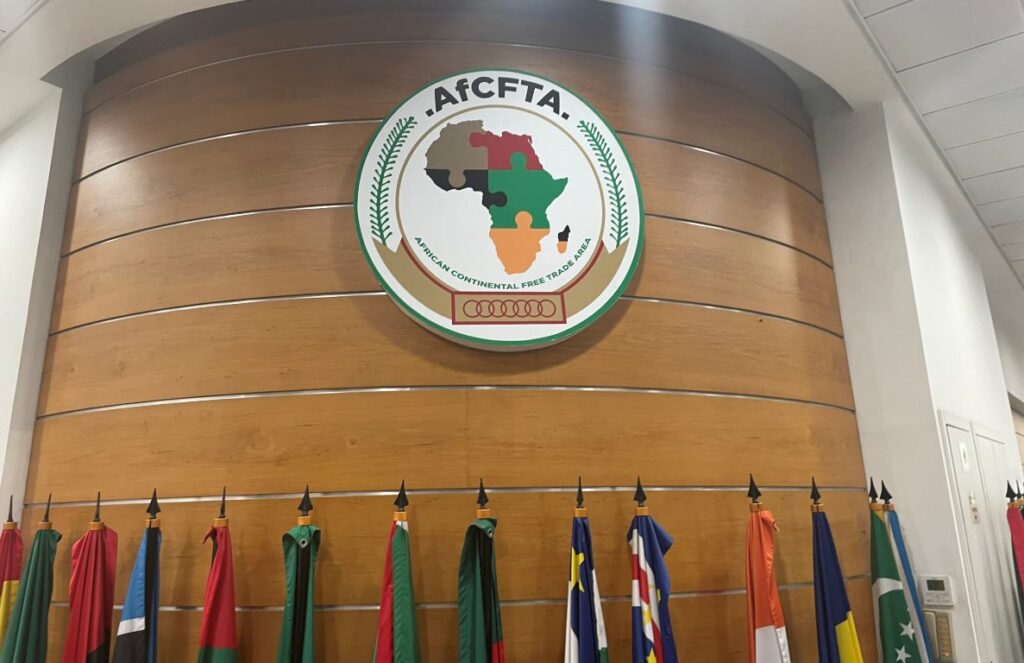
Tuesday 18th November 2025

by inAfrika Newsroom
Nigeria has endorsed the African Continental Free Trade Area’s Digital Trade Protocol, moving to shape continent-wide rules for e-commerce, data and online services. The decision strengthens Africa’s push to build a unified digital market that supports startups, investors and consumers across borders.
The Digital Trade Protocol, adopted in 2024, sets common principles for electronic transactions, online consumer protection, data flows and cybersecurity. It also outlines cooperation on digital IDs, payments and trust services.
By signing on, Africa’s largest economy signals that it will align national laws with these standards. Officials in Abuja argue that the move can boost confidence in Nigerian fintechs and platforms and make it easier for them to operate across the continent. The endorsement also comes alongside a new intellectual property policy, which seeks to protect innovation in software, creative content and digital brands.
Regional institutions are pairing legal work with training. The UN Economic Commission for Africa plans a hybrid course in Addis Ababa on how to use digital technologies under AfCFTA to deepen intra-African trade. Lawmakers and senior officials will examine digital customs, online marketplaces and governance of cross-border data. Similar programmes are emerging in other regions as countries update their e-commerce strategies.
Digital trade is one of the fastest-growing channels for cross-border business in Africa. Small firms sell goods through platforms. Freelancers offer services online. Consumers pay bills and send remittances through mobile wallets.
However, fragmented rules still slow that growth. Different data laws, weak consumer protection and uncertainty over electronic contracts raise costs for companies and expose users to risk. Common standards can lower those barriers. They can also support larger digital jobs in software engineering, customer support, digital marketing and content production.
For young people, clear and predictable rules improve the chances that local firms can scale across several countries instead of serving only one city. For governments, harmonised frameworks make it easier to tax digital activity fairly, fight fraud and cooperate on cybercrime.
Experts caution that protocols alone will not deliver a digital single market. Many countries still struggle with slow and expensive broadband, gaps in skills and uneven enforcement of existing laws. Civil society groups want stronger safeguards for privacy and for people who risk exclusion because they lack connectivity or digital IDs.
The AfCFTA Secretariat and member states now need to ratify the protocol more widely, pass implementing laws and invest in digital public infrastructure such as regional payment systems. They also must keep industry and consumer groups at the table as regulations take shape.
For African entrepreneurs, the pace and consistency of these steps will determine whether AfCFTA’s digital trade ambitions turn into real opportunities or remain mostly on paper.


